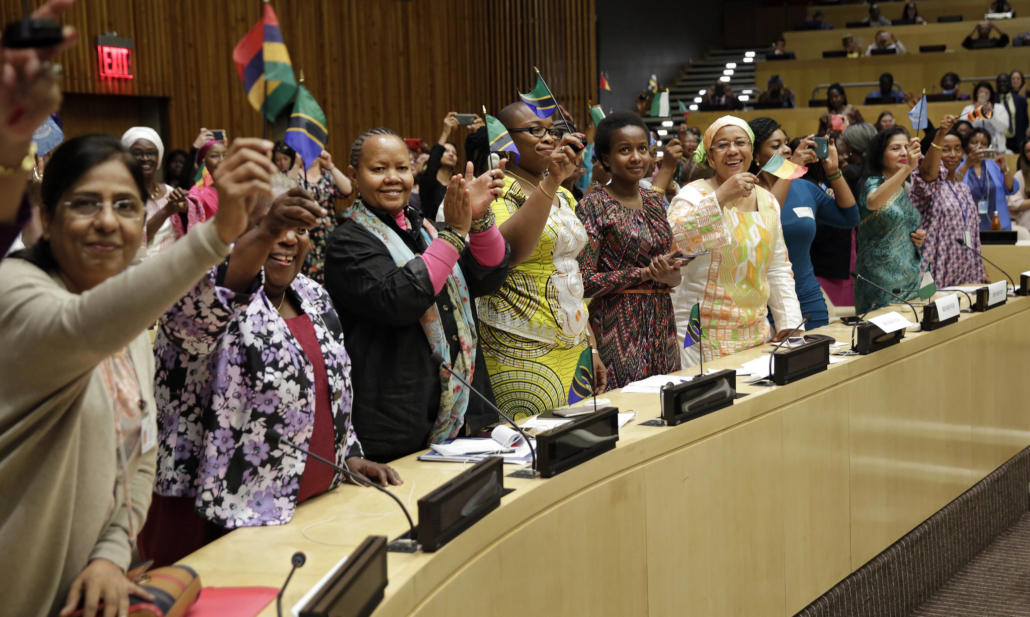Countries are largely affected by gender inequalities in the social, economic and political spheres.
However, it is worth noting that over the years, things have been changing, and people are starting to see women and their roles differently. More women are making their mark in boardrooms, gaining equal rights, and becoming influential role models.
As the world keeps realizing how important women are in building fair and lasting societies, African countries are also leading the charge for gender equality in politics. While it is still a work in progress, there have been some positive changes.
Getting more women into parliament is important to make things fair and inclusive. Studies have shown that having more women in parliament leads to more policies that address issues affecting everyone, such as childcare, maternal health, and equal pay.
In commemoration of International Women’s Day, we looked at African countries with the highest number of women in government.
According to the Inter-Parliamentary Union (IPU), Rwanda emerged as the global leader in parliamentary gender diversity, boasting an impressive 61.3% of women in its parliament. This puts Rwanda ahead of 186 other countries in the world.
The data in this table have been compiled by the IPU based on information provided by national parliaments. Parliaments are classified according to the percentage of seats held by women in lower or single parliamentary chambers.
Below are 10 African countries with the highest number of women in government:
Rank Country % of Women in Parliament Global rank
1 Rwanda 61.3% 1st
2 Senegal 46.1% 11th
3 South Africa 45.8% 14th
4 Namibia 44.2% 19th
5 Mozambique 43.2% 20th
6 Ethiopia 41.3% 25th
7 Cabo Verde 38.9% 30th
8 Angola 38.6% 32nd
9 Burundi 38.2% 36th
10 United Republic of Tanzania 37.4% 41st
BusinessInsiderAfrica
















+ There are no comments
Add yours